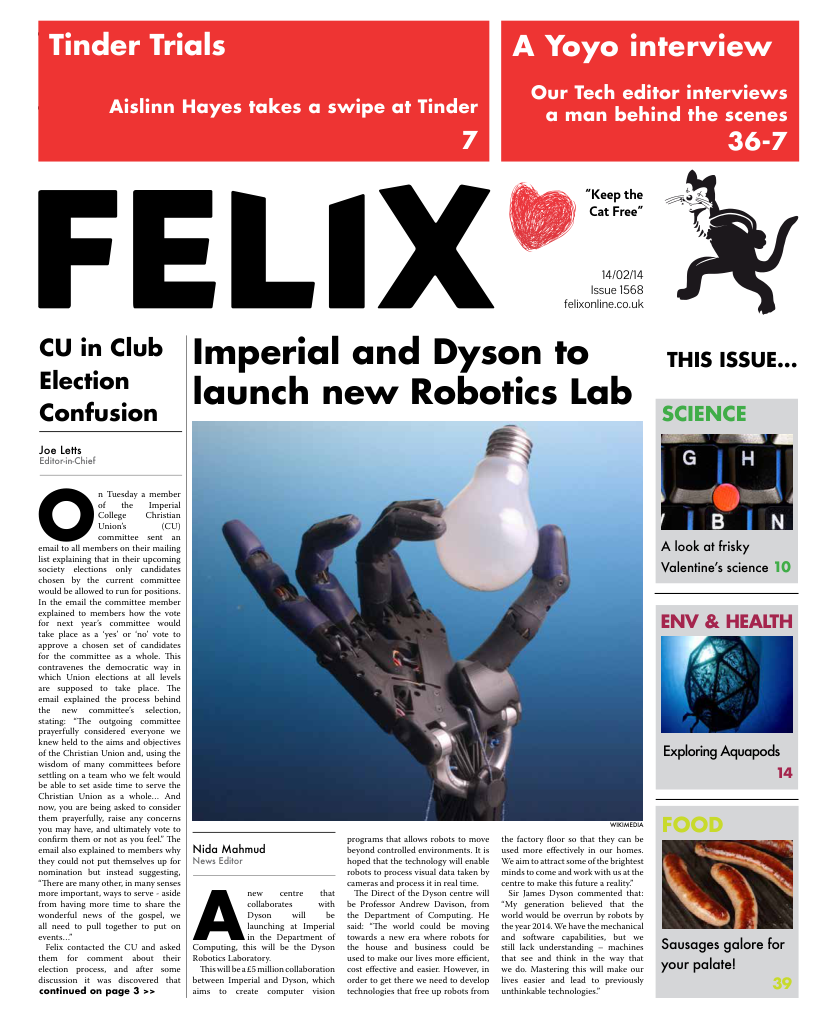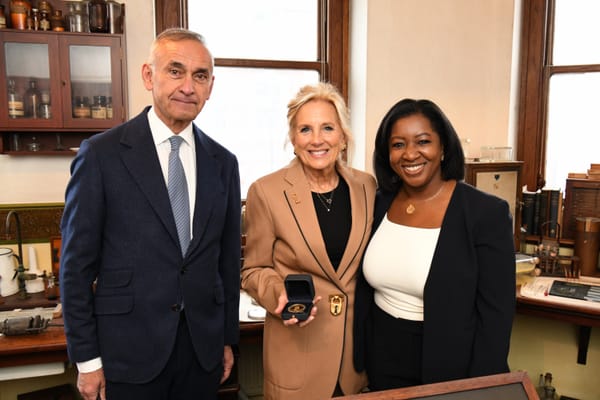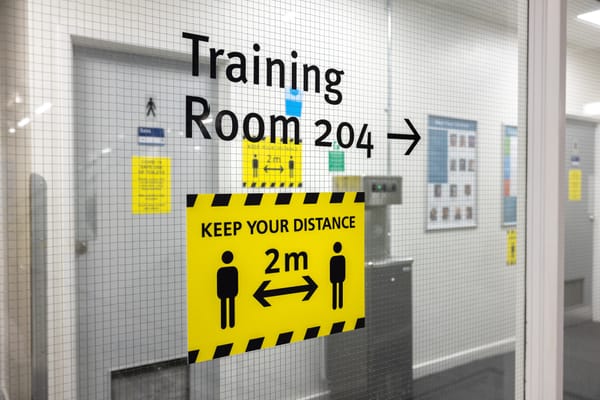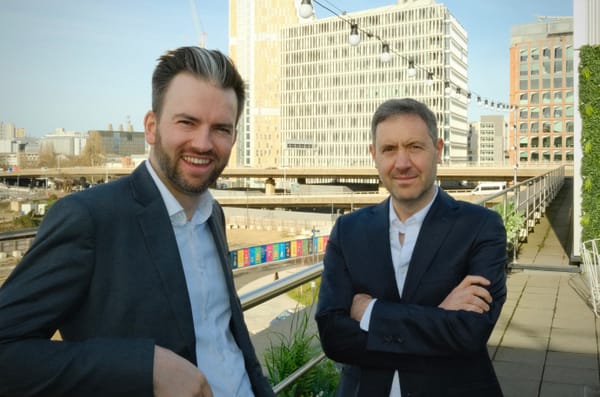The EngD: Dr. Who?
Open to large swathes of scientists and engineers, the EngD (Engineering Doctorate) is a doctoral program, which is a seldom known career path to many of its potential applicants.
Open to large swathes of scientists and engineers, the EngD (Engineering Doctorate) is a doctoral program, which is a seldom known career path to many of its potential applicants. Merging the academic with the practical, it is a fulfilling way to apply the piles of knowledge that you have accumulated over your undergraduate years to real world problems.
Created in 1992 the EngD is a cross-disciplinary four-year engineering doctorate whereby the objectives are partially set by an industrial partner. Therefore the outcome of your thesis is solidly rooted in industry and, more importantly, reality.
The UK has a well-documented shortage of engineers, and not boiler ‘engineers’ and the like, proper visionary engineers; hence the EngD was created accordingly to address this issue, with a pay grade to match (more on that shortly).
Many companies from a wide range of industries have signed up to the scheme and, by virtue of that fact, a range of expertise is needed. There is a UK wide network of industrial doctoral centres all of which focus on future technologies and industries from advanced manufacturing and materials to digital entertainment and information systems. Thus the doctoral students become experts in a key industry that will be relevant for many years to come. The remit of the doctorate is also to train future business leaders in these areas as well as furnishing them with technical expertise. For example, the UK’s renewed interest in nuclear power underscores the need for a new generation of nuclear engineers and since there is a dearth in nuclear experts (of all types) the current cohort of EngD nuclear engineers will be the ones running the industry in the future. Importantly, the scheme is NOT just for engineers, scientists are actively encouraged, for example, my own background is in Physics. Many of the world’s future inventions will require a deep understanding of physical principles and natural laws, consequently forward thinking scientists are perfectly positioned. Personally the immediacy of the problems put forth by my industrial sponsor is one of the critical factors that drew me to the program, and it is for this exact reason why I didn’t pursue a PhD in Physics.
In fact I’m working with the non-destructive evaluation group in the mechanical engineering department, which requires the application of different areas of science and engineering to find new and improved ways of testing materials.
If you are looking for a career in a particular industry, or at particular company, then an EngD can easily be far more than a foot in the door; more like a whole leg! You’ll work closely with your sponsor’s researchers and will make a raft of contacts, setting you up nicely. Finally, when it comes to pay there should be no beating around the bush; an EngD candidate gets one of the highest academic postgraduate stipends available (£15000 (+£2000 in London) and top up from the sponsor of £3000-7000, all tax free). This is the way it should be, treating you like a graduate research engineer with a pay scale to match. Furthermore it means that when your Goldman Sachs and UBS friends decide to go for a £5 pint, in a bar atop a skyscraper, you are able to much less begrudgingly join them and can more than comfortably jostle to pay the tab. If you want to find out more about the EngD doctorate the best place to start is the Association of Engineering Doctorates’ website: www.aengd.org.uk Editor’s Note: To find out what Imperial has to offer regarding EngD courses, you can check out https://workspace.imperial.ac.uk/registry/Public/Procedures%20and%20Regulations/Regulations/Academic%20Regulations%202010-11/EngD.pdf Currently, 3 EngD courses are offered by the College - Non Destructive Evaluation (which the writer is currently enrolled in), Nuclear Engineering, and Water Engineering. All of them have a prerequisite of a minimum of Second Class (Hons) in your undergraduate degree, last for 4 years, and also qualify you to receive the Diploma of the Imperial College upon completion of your EngD degree. If you feel your MSci or BEng isn’t doing enough & want to slave away for another 4 years, do consider doing an EngD instead of the traditional PhD.





